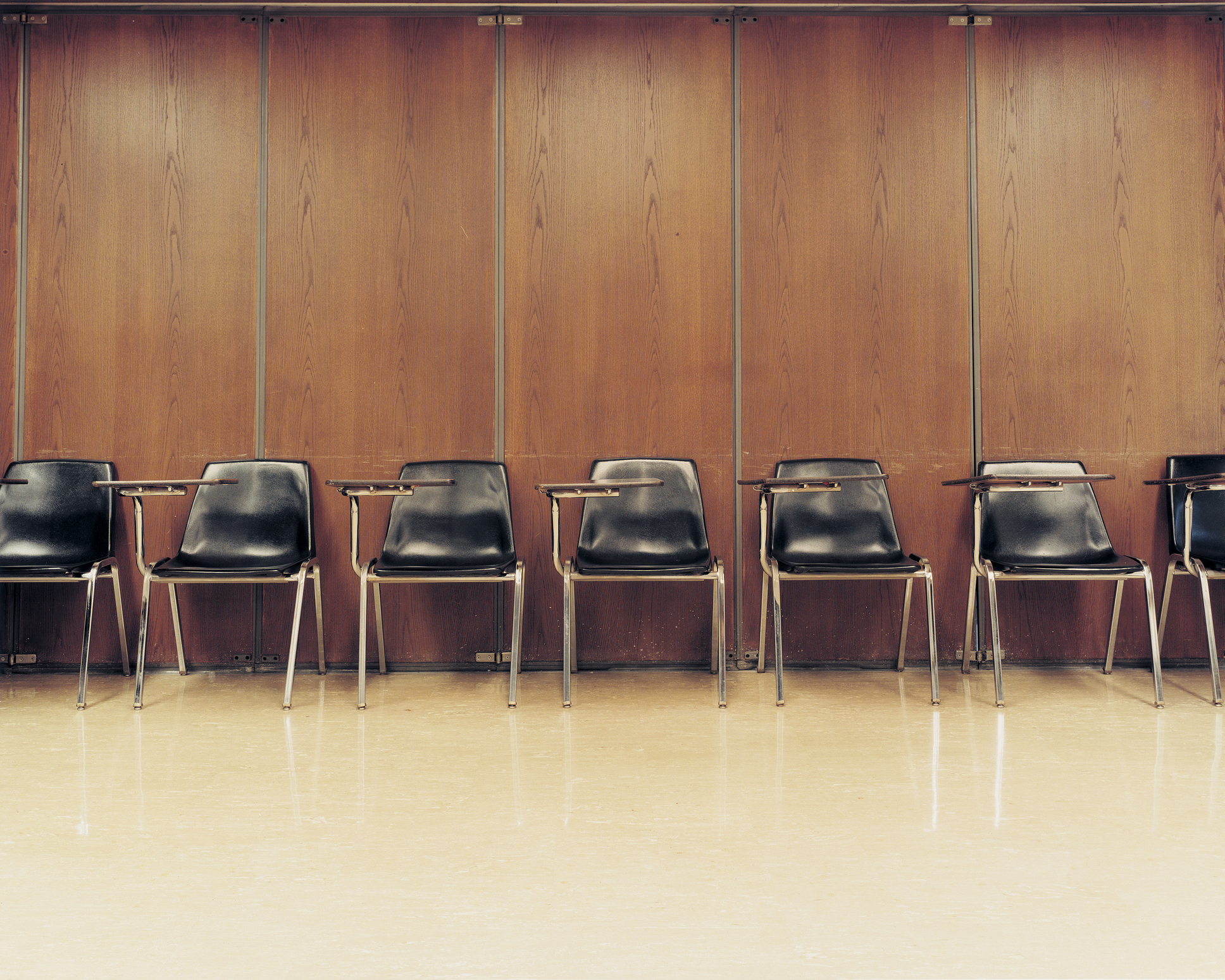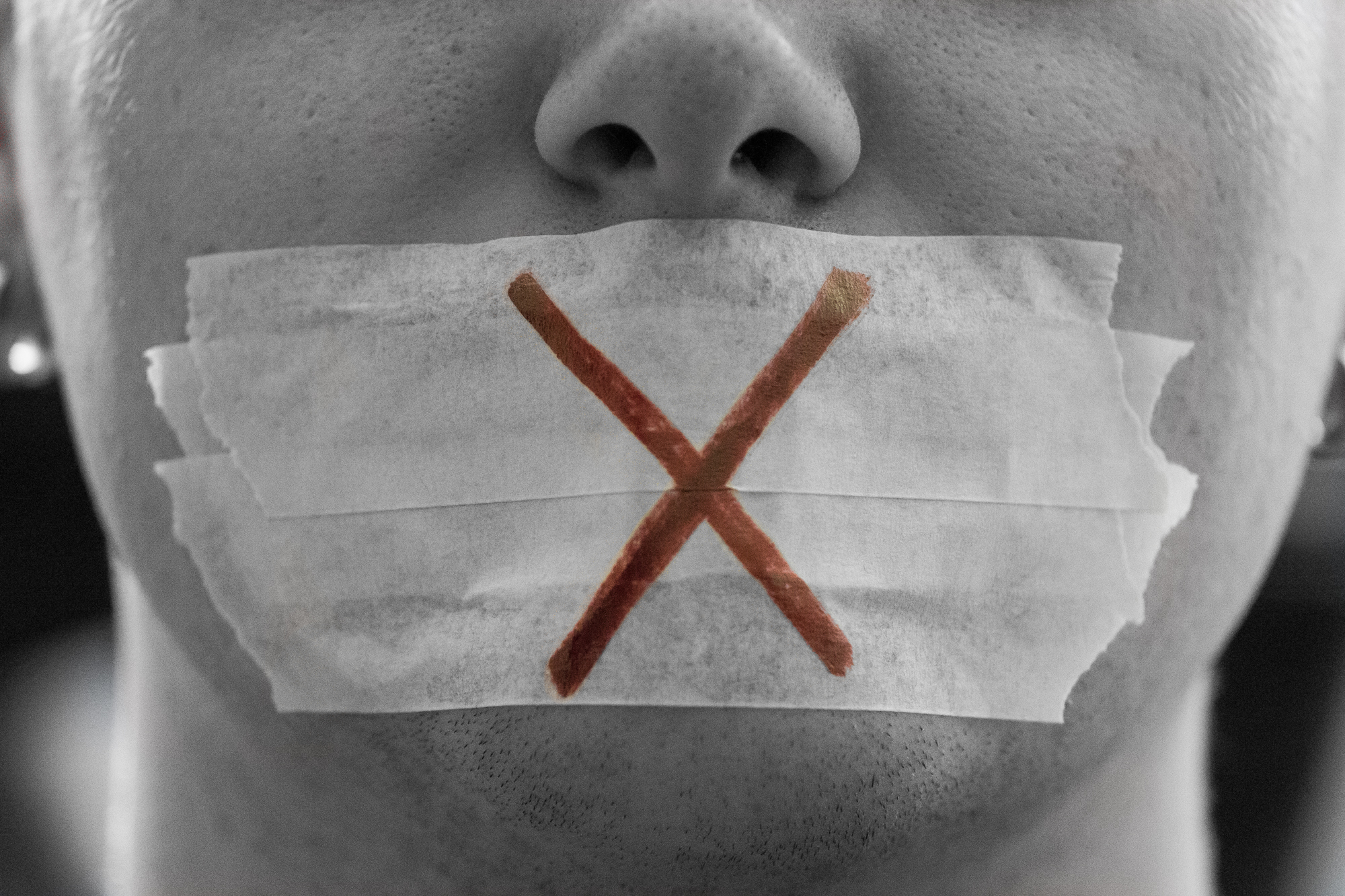Twitter’s beak drips with the lifeblood of American democracy.
Does Anyone Care About January 6?

Legacy media desperately wants you to think it is the beginning of the end.
As we approach the anniversary of the riot at the U.S. Capitol, we are treated to reflections on the various meanings of the fateful, infamous day. According to the New York Times editorial board, while “it is tempting to look back and imagine that we can, in fact, simply look back,” this is a sad fantasy. “Peel back a layer, and things are far from normal. Jan. 6 is not in the past; it is every day.”
Cable news show hosts have reflected deeply on the meaning of January 6. Nicole Wallace, a former Bush Administration staffer and now an anchor on MSNBC, compares the riot to her experience in the White House on 9/11, and expresses anger at the GOP’s refusal to accept the analogy. “I was in the White House on 9/11, and I experienced the trauma of being told by secret service to take off my shoes and run. Nobody told me that 9/11 was a tourist visit,” she told her audience last month. “No one delegitimized my trauma because no one delegitimized what I had lived through.”
Indeed the traumatic lived experience of the survivors of the supposed insurrection has been granted full and total legitimacy by the media, Congress, and various advocates of the thesis that “our democracy” is gasping for breath in the halls of an overcrowded ICU. For a full year now we have heard testimony from weeping Capitol Police officers whose experience on January 6 has left them emotionally fragile, in need of intense peer counseling and access to therapy dogs, according to the Washington Post.
“I can be fine now and see or hear something and next thing I get tears and get emotional,” says Capitol Police Sergeant Aquilino Gonell, who was injured in the riot, suffering a swollen foot and an aching shoulder. Harry Dunn, who wept openly during Congressional testimony, was not physically injured on January 6, but has suffered in a much deeper way, having been called the “N-word” during his confrontation with rioters. “At the time, my mind didn’t process it,” said Dunn, “that I was being attacked because of my race.”
As a result of his experience during those fateful hours, Dunn has become “like a whole different person.” Where once he was the life of the party, and “lit up a room” in his description of his own past ebullience, now he sits in his car during lunchtime and is much more reserved.
The parade of weeping policemen across our newspapers and televisions has been virtually unceasing. One might imagine from all that coverage that we live in a country where the police are entirely unfamiliar with dealing with rowdy, violent crowds…has there been another time within recent memory when American law enforcement has had to deal with such hostility? Sounds familiar…
Ah yes! The entire second half of 2020, if I recall correctly, involved thousands of major protests, specifically targeting the police, who were condemned for their racism, brutality, parasitism, and fascist indifference to the people among whom they stand as an occupying force. In Portland, Oregon for example, Antifa rioters attacked the police routinely for months on end. More than 100 officers suffered eye damage after having powerful lasers shined in their eyes; three may have been permanently blinded. In New York City, more than 400 NYPD officers were injured in two weeks of rioting, including major lacerations and concussions. The list could go and on…in total more than 60,000 law enforcement officers were injured during 2020, some 31% seriously, according to the FBI, representing a significant increase from the previous year.
Part of the job of being a law enforcement officer is the expectation that you will put yourself in the way of danger. Maybe that’s why we don’t hear a lot about their suffering generally—it goes with the territory. But we have been subjected endlessly to the trauma and pain of one group of officers who were involved in one incident. Why is it so extraordinary that the Capitol Police were called to engage a mob—did someone promise them that they would never be in a riot? To listen to Don Lemon and Nicole Wallace you would think that a group of librarians had been forced to withstand a terroristic siege.
In reality, January 6 has not ascended into the pantheon of infamous days. Outside of the Democrat Party, the media, and various paid acolytes, nobody cares especially about the unauthorized tour of the Capitol that a bunch of rowdy protestors took that afternoon.
The American Mind presents a range of perspectives. Views are writers’ own and do not necessarily represent those of The Claremont Institute.
The American Mind is a publication of the Claremont Institute, a non-profit 501(c)(3) organization, dedicated to restoring the principles of the American Founding to their rightful, preeminent authority in our national life. Interested in supporting our work? Gifts to the Claremont Institute are tax-deductible.
When Tik Tok teachers want to trans your kids
Matrix Resurrections is an act of willful misunderstanding.
The dynamics of liberalism and the prospects of the University of Austin
Fighting the impulse for national divorce with spousal abuse
The regime wants to replace you






